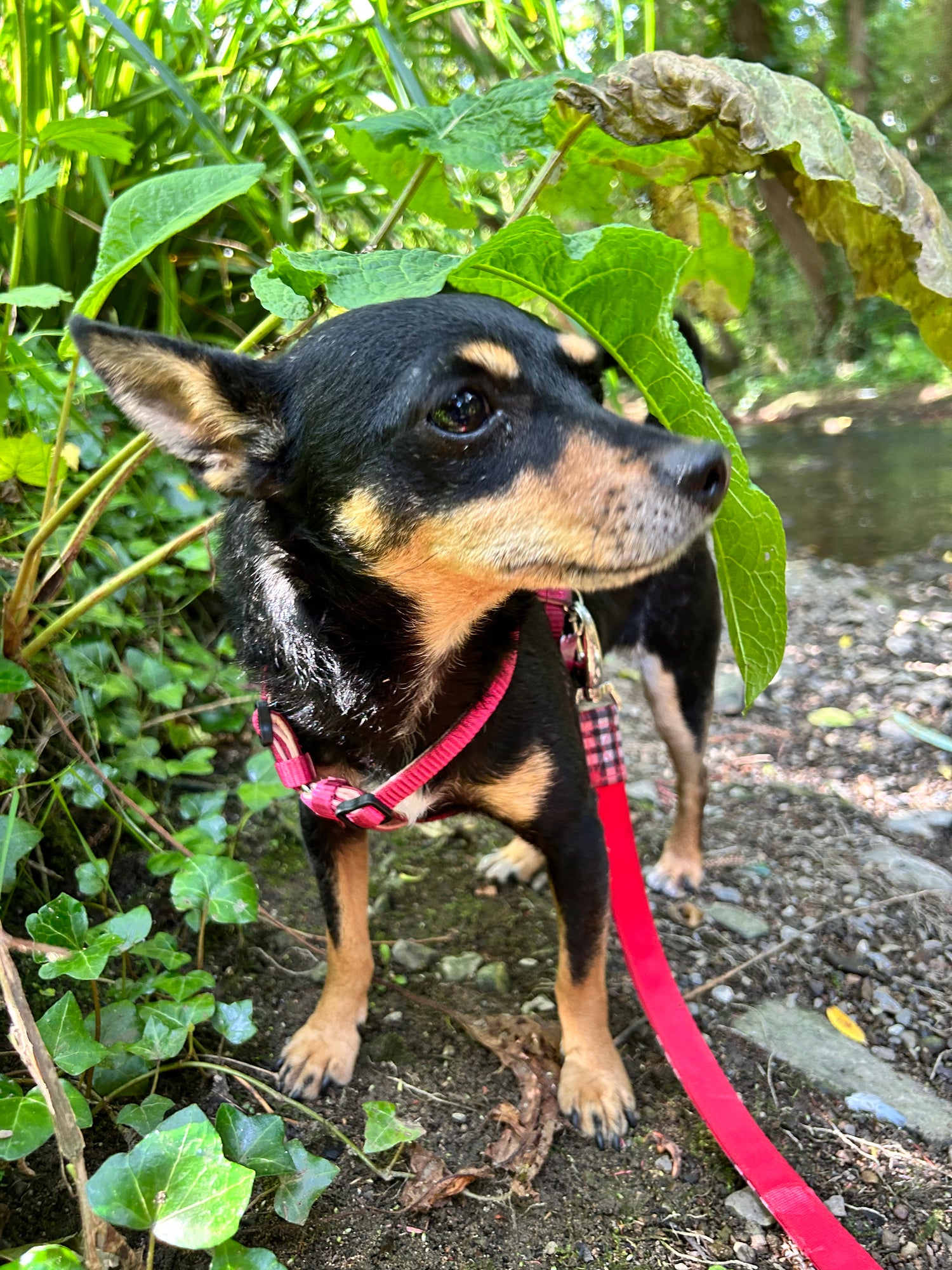Puppy Care

Diet
It is important to ensure that you feed your puppy a good quality, highly nutritious, completely balanced diet to ensure they remain in optimal health. A premium quality puppy food is especially important while they are growing, as puppies require quite specific nutrients when the are growing. Some puppy foods are made specifically for certain sizes and breeds of dogs and have more specific nutrients appropriate to these variations. Small, medium, large and extra-large breed foods are available.
Ensure your puppy has clean, fresh water available at all times. Puppy milk is available, however this is generally not necessary if your puppy is receiving a premium puppy food.
Ensure your puppy has clean, fresh water available at all times. Puppy milk is available, however this is generally not necessary if your puppy is receiving a premium puppy food.
As a very general rule it is appropriate to feed your puppy:
- 3-4 meals each day until they are 12 weeks old
- 2-3 meals each day for dogs between 6-12 months of age
- 1-2 meals per day for dogs over 6 months of age.
Vaccinations:
Ensure your puppy is vaccinated according to your veterinarian’s protocol.
Parasite prevention:
Intestinal Worms:
Unfortunately, intestinal worms are often very commonly found in puppies. Hookworm, Roundworm, Whipworm and Tapeworm can cause serious health issues and in severe cases, even death. Worms are also zoonotic, meaning that they can be spread to humans, so it is always important to practice good hand hygiene.
It is important that your puppy is wormed from 2 weeks of age. A general worming schedule entails worming your puppy every 2 weeks until they are 12 weeks of age, then monthly until they are 6 months of age and then every 3 months for the rest of their lives. This protocol may change depending on what products are used.
Fleas and ticks
Fleas cause skin irritation and dermatitis and can also transmit tapeworms to your puppy. It is important to give your puppy flea and tick prevention early to prevent flea infestations in your environment.
Heartworm
Heartworm is a parasite that can cause irreversible damage to the heart and even death. There are a variety of oral and topical products appropriate for use in puppies and there is an injection which can be given from 12 weeks of age.
Puppy Preschool
We recommend puppy preschool for all puppies. Not only is it lots of fun for them, but it is also a great opportunity for them to socialise with other puppies in a safe, controlled environment.
Puppies learn most of their good and bad behaviours when they are young – 6-14 weeks is the time of their life that can actually shape their behaviour and demeanour for the rest of their life, so we want them to have as many positive learning experiences during this period.
Talk to our staff about booking your puppy in for puppy preschool…you can be sure that you and your puppy will learn lots and have fun at the same time!
Knowing when to call your vet
- Inappetance
- Vomiting or diarrhoea
- Coughing or sneezing excessively
- Ear irritation – scratching or head shaking
- Discharge from the eyes or nose
- Crying which may indicate pain
- Limping or lameness
- Changes in behaviour
Poisons
Puppies are by nature playful and curious and therefore sometimes come into contact with poisons or toxins.
Household poisons like snail bait, rat bait and others are extremely toxic, and of course there are a number of foods such as chocolate and grapes that are also very dangerous if ingested by your puppy. If you suspect that your puppy may have eaten anything that may be toxic, take them to your veterinarian immediately.
Symptoms of poisoning can include but are not limited to:
- Vomiting
- Diarrhoea
- Drooling
- Foaming at the mouth
- Excessive drinking and urinating
- Blindness
- Collapsing
- Tremors or twitching
- Seizures

